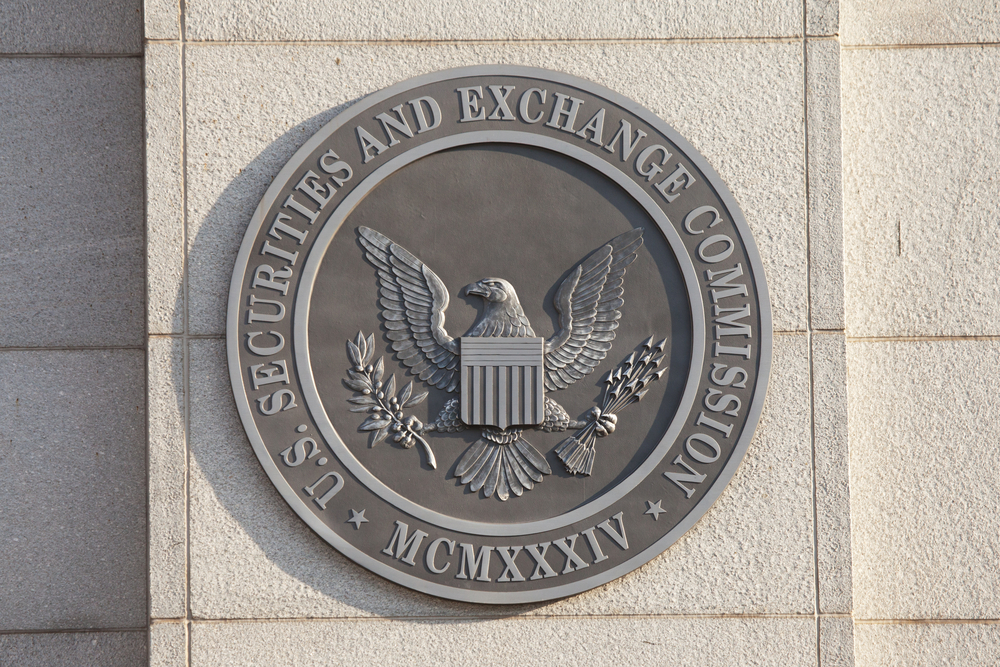 With the full compliance date for the SEC’s new marketing rule fast approaching, firms need to be working towards updating their policies and procedures, advises a new white paper from The Wagner Law Group.
With the full compliance date for the SEC’s new marketing rule fast approaching, firms need to be working towards updating their policies and procedures, advises a new white paper from The Wagner Law Group.
In fact, the marketing rule is the first significant change to the Commission’s rules in this area and has important implications for all investment advisers, particularly with respect to the presentation of performance and solicitation activities.
“Based on a firm’s current practices, compliance with the marketing rule can be a significant process—firms need to make sure they are on track for full compliance by November 4, 2022,” write Wagner Law’s Seth Gadreau and Stephen Wilkes.
The pair explain that the marketing rule is designed to regulate advisers’ marketing communications and uses principles-based prohibitions that will apply to all advertisements, comprehensively and efficiently.
The SEC in December 2020 voted to adopt the new rules governing investment adviser advertisements and solicitor compensation under the Investment Advisers Act. Among other things, the rule will require advisers to standardize certain parts of a performance presentation to help investors evaluate and compare investment opportunities. As part of the reforms, the SEC also instituted related amendments to the investment adviser registration form (Form ADV) and the books and records rule (Rule 204-2).
According to the Investment Adviser Association’s 2021 Investment Adviser Compliance Testing Survey, the SEC’s marketing rule cropped up as the No. 1 concern for investment adviser compliance officers, with advertising/marketing identified by 58% of survey respondents as the “hottest” compliance topic—up 33 percentage points from the previous year.
In their paper, Gadreau and Wilkes outline the specific benefits and burdens of the new rule, including:
- the scope of communications that are considered “advertisements” for purposes of the rule;
- whether the use of testimonials, endorsements, third-party ratings, and hypothetical performance in advertisements are permitted;
- the scope of permittable solicitation activities, including solicitation of investors or prospective investors in private funds; and
- communications by advisers of private funds.
In addition, the Wagner Law attorneys outline what is generally not permitted under the new principles-based approach to advertisements, including:
- making a material statement of fact that the adviser does not have a reasonable basis for believing it will be able to substantiate;
- incorporating information that would reasonably be likely to cause an untrue or misleading implication or inference to be drawn;
- discussing any potential benefits to clients or investors connected with the investment adviser’s services or methods of operation without providing fair and balanced treatment of any material risks or material limitations associated with the potential benefits;
- referencing specific investment advice provided by the investment adviser, where such advice is presented in a manner that is not fair and balanced; and
- including or excluding performance results, or present performance time periods, in a manner that is not fair and balanced.
Gadreau and Wilkes further remind that the SEC has discussed that advisers will need to analyze the particular “facts and circumstances of each advertisement” when applying the general prohibitions of the marketing rule, including the nature of the audience to which the advertisement is directed.
The pair also note that, ahead of the November 2022 compliance date, the SEC has withdrawn or modified a substantial number of No-Action Letters for the previous Advertising Rule and the Cash Solicitation Rule. The list can be found in the appendix of the SEC staff’s October 2021 Information Update, which confirms that firms and investment advisers will no longer be able to rely on the provisions of the withdrawn letters and will need to ensure compliance with the provisions of the modified letters, as applicable.

